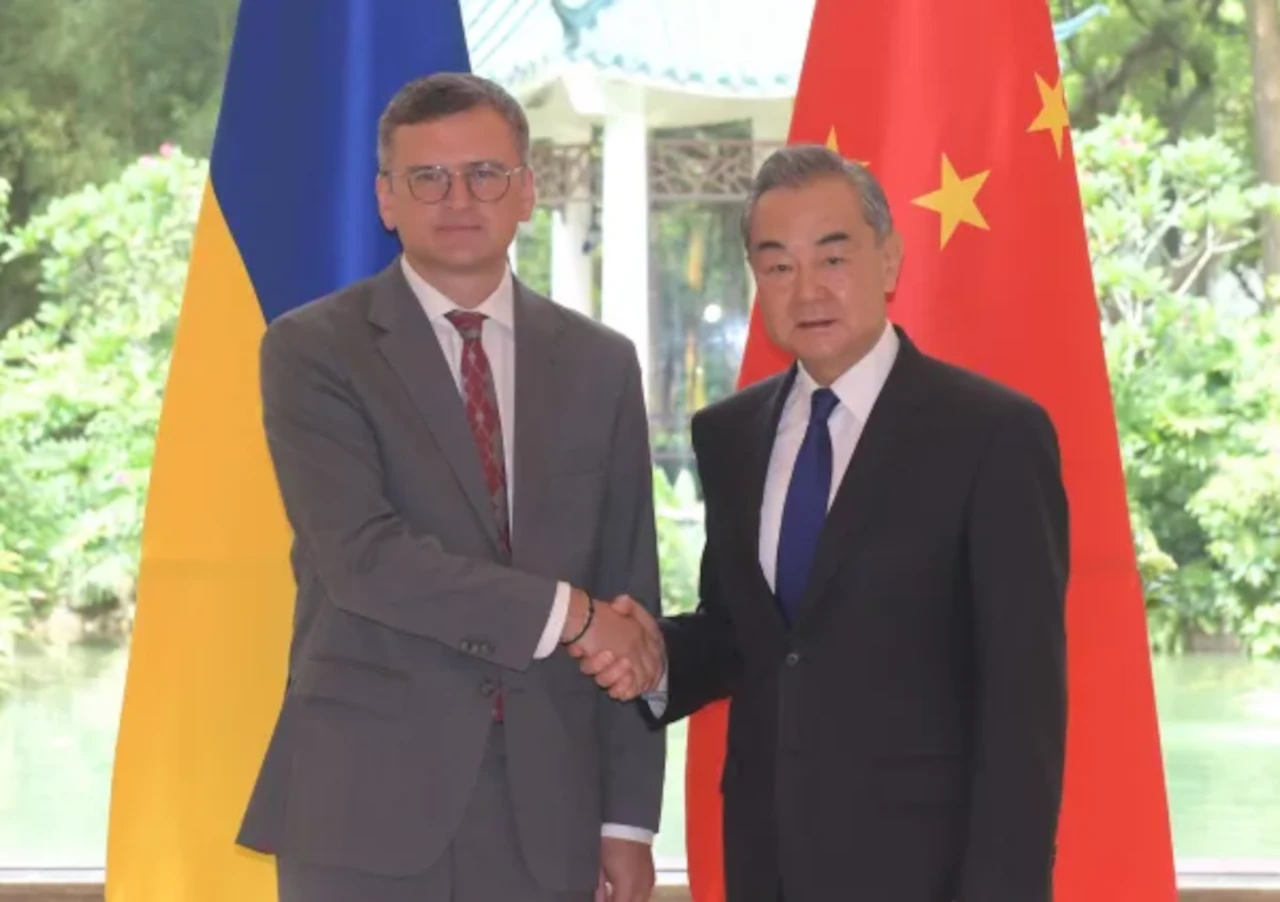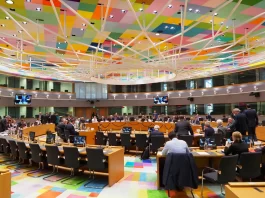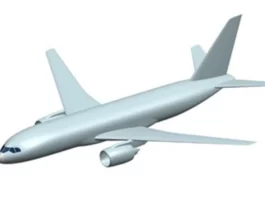The Austrian chancellor Karl Nehammer maintained a veto against incorporating Romania and Bulgaria into the Schengen zone. Bucharest intends to sue before the CJEU (Court of Justice of the European Union).
In a recent interview, the Austrian chancellor stated that the country will maintain its prohibition within the EU against the Schengen Area membership of Romania and Bulgaria. He justified this by citing concerns over the influx of illegal immigrants, which authorities in Bucharest consider to be an unfounded and fabricated argument, particularly in the case of Romania, which does not share a border with Austria, and the routes of illegal migrants do not pass through it.
On September 13, the chief of the European Commission, Ursula von der Leyen, stated that Bulgaria and Romania have proven that they belong in the Schengen area, so the EU should accept them without further delay. EU institutions have also advocated for their membership.
The EU Cooperation and Verification Mechanism (CVM), which, among other things, addressed judicial reforms and the struggle against corruption, was recently concluded after 16 years. Despite this, Vienna firmly sticks to its decision.
In response, the Romanian government declared it would contemplate filing a lawsuit against the Austrian authorities and bringing the dispute before the European Court of Justice in Strasbourg. Nevertheless, this scenario, which would ultimately allow Romania to be admitted not unanimously but by a majority of EU votes, is also unfavourable for Bucharest as it could take approximately two years.
However, preventing Romania from entering the Schengen zone is not the only issue. In the European Union, Romanians feel deceived and are regarded as second-class citizens. This topic frequently arises in both public and private discourse.
Some in the EU are concerned about the rising popularity of local populists, mainly the AUR party, pointing out that they effectively play on the emotions of Romanians and use their disillusionment to foster anti-EU and, more generally, anti-Western sentiments.
Austria: Moscow’s Trojan Horse
In Romania, Austria is frequently called “Moscow’s Trojan horse.” The media cite Vienna’s reliance on Russian gas and calculate that imports of this commodity increased following the outbreak of full-scale hostilities in Ukraine. They also observe that Austria has earned significantly more from Russia than it has spent on aid to Ukraine and that Austrian businesses continue to have several ties to Moscow, some of which are unclear, and help Moscow circumvent sanctions. In addition, they criticise Nehammer for meeting Vladimir Putin in Moscow after the beginning of the conflict.
Two Romanian MEPs, Eugen Tomac and Vlad Botoș, demanded an investigation into Austria’s compliance with sanctions against Russia and the EU’s political orientation in a letter sent to EU sanctions envoy David O’Sullivan on September 13.
Austria boosted its imports from Russia in 2022 (by 252% compared to 2019), while its imports from the EU fell. This was despite the European Union’s policy of dramatically limiting economic links with Russia to prevent backing Russia’s war against Ukraine.






